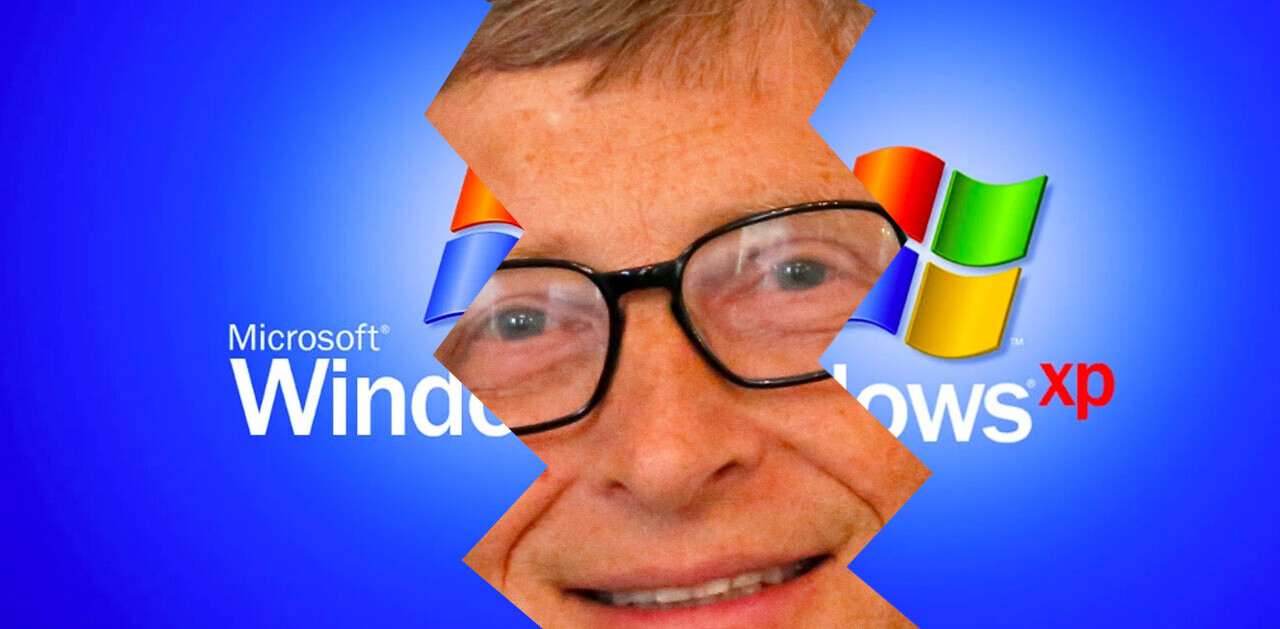
Author’s note: This is the first post that I have ever written on a mechanical keyboard, so if I bork a letter, I beg your patience and forgiveness.
Maybe no one told Redmond that the Jetsons is over (is it?). The company’s plan to build an operating system for the home continues apace, ZDNet has recently reported. Honestly, in the age of Sonos, and using your smartphone as a mouse, it’s interesting to realize how small our technology-for-the-home dreams have become.
My phone! It opens my garage door. I’m sure it does. Just like the flying car, the automated home, the dreams of which we were sold in magazines like Popular Mechanics for years, seems to have faded. I won’t lie, they have for me. We live in our browsers now, so perhaps the tunnel-vision is not too unexpected.
Enter Microsoft. The company is forging ahead with its plan to build software that will run your humble, and hopefully hugely automated, home. Most recently, the company published a white paper entitled the ‘An Operating System for the Home,’ put together by Microsoft Research. This is the abstract from the paper, it’s worth an examination [Bold: TNW]:
Network devices for the home such as remotely controllable locks, lights, thermostats, cameras, and motion sensors are now readily available and inexpensive. In theory, this enables scenarios like remotely monitoring cameras from a smartphone or customizing climate control based on occupancy patterns. However, in practice today, such smarthome scenarios are limited to expert hobbyists and the rich because of the high overhead of managing and extending current technology.
We present HomeOS, a platform that bridges this gap by presenting users and developers with a PC-like abstraction for technology in the home. It presents network devices as peripherals with abstract interfaces, enables cross-device tasks via applications written against these interfaces, and gives users a management interface designed for the home environment. HomeOS already hastens of applications and supports a wide range of devices. It has been running in 12 real homes for 4–8 months, and 42 students have built new applications and added support for additional devices independent of our efforts.
There is a lot in there, so let’s start at the top. Right out of the gate, things are cheap. This is true. Advances in transportation and manufacturing have changed the paradigm in regards to what can now be counted as disposable, or consumable in a functional, everyday sense. This means that you can have more such things, if I am reading this properly, and thus spread them around your residence. More units, more data. Thus, more control.
Now, the next component is the solution: Home OS. That’s what Microsoft has cooked up. That it is a PCesque ‘abstraction’ isn’t too hard to understand; it’s what Microsoft knows best. Also, consumers know it, too.
What’s perhaps coolest in all of this is that the project is live in several homes, and has been for about a half-year if we average a bit. Even better: it is simple enough to develop for that students are hacking away. I would make my roommate’s coffee pot explode. Can I do that in C#?
Anyway, this is all a bit up in the ether, if you get my slide. I’ll let Mary Jo Foley drag us back to the right planet:
As is true with all Microsoft Research projects, there’s no guarantee when and if HomeOS will be commercialized, or even be “adopted” by a Microsoft product group. The fact the Softies are sticking with this project and continuing to enhance it increases that likelihood, in my opinion however.
Blast! Reality is a weak substitute for the torrid dreams of a deluded technologist. Anyway, if you had been hoping that your home would begin commenting on your snacking habits, you might be in luck. Just not quite yet.
Yo Microsoft, I volunteer my apartment. Let’s do this.
Get the TNW newsletter
Get the most important tech news in your inbox each week.




